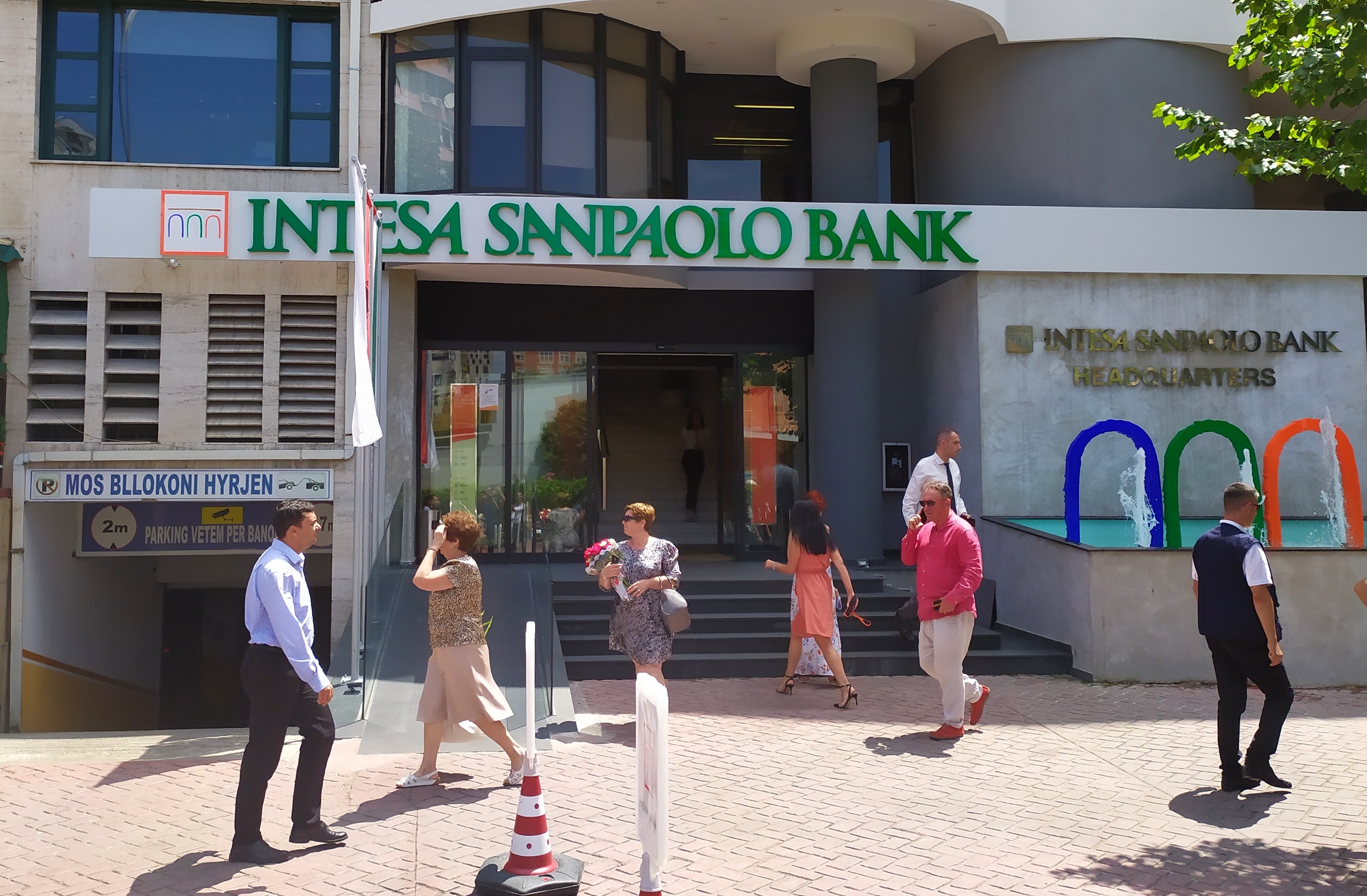Albania and Italy: a head-turning fashion duo
Surviving the pitfalls that were predicted for it, the Albanian textile industry has gone from strength to strength – and forged a special relationship with a highly fashionable partner
04/03/2022
The Albanian textile industry has grown steadily since the late 1990s to become the country’s biggest export.
Manufacturers who built on a reputation for textile production established during the country’s communist era have transitioned from making component fabrics to producing fully finished products – clothing and shoes – for large, high-end and high-street labels, and now enjoy a particularly strong connection with big Italian fashion houses.
In 2021 the industry achieved its highest export record. Much of the clothing and footwear produced went to Italy – 64% of it, in fact. In fashion, Italy is Albania’s strongest export partner and has been for a long time.
Bucking the predicted trends
The export boost in 2021 was welcome. Covid-19 measures in Albania were in full force for a shorter period of time – but because of social distancing rules manufacturers had to invest in bigger workspaces, a measure that carried a financial impact. But there were positives too. Manufacturers used the short periods of lockdown to train up and invest in new staff, ready to get all hands on deck as the pandemic subsided. Performing contrary to expectations is not a new thing for the Albanian textile industry. Before the pandemic, the sector defied gloomy predictions of a short development cycle caused by a gradual increase in the living standards and labour costs, as well as competition from markets in which the workforce was cheaper.
Ermenita Harasani, Head of Multinational Client Department at Intesa Sanpaolo Bank Albania, says that scenario never materialised. “Tailoring in the textile and footwear sectors has survived, even grown, despite the major problems associated with labour shortages,” she says.
Italy, Albania’s fashion partner
Italian companies were the first to approach the Albanian fashion and textile industry as potential suppliers when the market opened up at the end of the communist era in the early 1990s. Many Albanians moved to Italy at the time, and Italian companies started seeing Albania as a new market in which they could explore new possibilities and expand.
Since then, Italian companies have maintained the strongest presence in the Albanian market. An easy regulatory environment and affordable labour – along with high-quality produce – has contributed to the strengthening of this relationship.
As Italy and Albania are neighbouring countries, the majority of Albanians speak Italian, making it easier for Italian companies to enter the market and do business. Throughout this time, Intesa Sanpaolo has supported the Albanian textile industry (and many other industries) with the financial products needed to ensure the mutually beneficial relationship thrives.
"Having banking services on the ground in Albania that Italian companies use and recognize contributes greatly to the relationship that Italian fashion brands have with Albanian manufacturers."
Ermenita Harasani, Head of Multinational Client Department, Intesa Sanpaolo Bank Albania

Socially conscious manufacturing
Harasani predicts a bright future of growth for Albanian fashion manufacturing – and forecasts that companies are moving in line with the socially conscious focus of Intesa Sanpaolo, and indeed the rest of the world.
This will mean better working conditions and pay in factories, and it will mean producers look to reduce their environmental impact – by investing in solar power to run their factories, for example. These aims – of better conditions for workers and the environment – can live together. Modernisation and new technologies are helping companies to achieve new sustainability goals while still staying profitable.
And the way the country has maintained its relationship with Italian fashion brands – which are among the most respected in the world – has meant that it is now gaining interest from other markets.
“The future ahead is bright, since our companies have improved the know-how and quality of products delivered,” says Harasani.
“More and more companies from other countries, which have not been our export partners in the previous years, are continually showing interest and approaching our market.”

